Most companies enlisting the services of a PR agency to handle media relations efforts will have a top-tier national business publication on their coverage wish list. While it’s an honest and attainable request, securing earned media in this type of publication is challenging due to the specific requirements of a viable media pitch – not to mention the sheer volume of competitors vying for the same space.
As PR practitioners, our first instinct will be to ask ‘why?’ so we can better understand your reasoning behind targeting these publications. While it’s understandable you may want to amplify awareness of your service or brand at a national level, a business press article may not effectively reach your target audience, significantly increase website traffic or improve lead generation.
That said, being featured in the New York Times or the Wall Street Journal can improve corporate morale, advance company thought leaders, attract investors, appease board members and just generally be good for business.
To help your PR partners in their efforts to secure top-tier national business press for your health care organization, they will need all the pieces of the puzzle to pitch a complete and well-rounded story. This often includes:
- Customer Source: The most engaging and compelling story about an organization’s product or service is told by a satisfied client. A customer spokesperson who can articulately speak to their experience with your product or service and how it 1) helped their business 2) saved them money 3) improved their outcomes or, even better, 4) saved someone’s life will be an attractive and valuable resource to a reporter.
- Data: Data in many forms can be useful, but two of the most respected types of data are owned data and available data. Owned data provides specifics into overall customer ROI or as it relates to your product or service. Available data (CMS reports, Google Trends or Data.gov, for instance) provides insight into industry trends and validates the pitch message and need for your product or service. Both types of data provide proof points and can help validate your message and your relevance in the industry.
- Human Element: It’s hard to read any national health care business article without learning about a patient’s experience. Whether it’s how John Smith lowered his A1C levels and no longer needs costly medicine thanks to the care provided by his employer’s onsite health clinic, or Penelope Patient’s savings when she used a bundled payment system for a knee replacement surgery, reporters are always looking to add a human aspect to their stories.
- Clinical Expert: If a business’s service involves the delivery of medical care, national business reporters will ask to connect with a clinical expert, if possible. It’s understandable this may be the hardest ingredient of the recipe to nail down, but if there are thought leaders with a clinical certification available, consider utilizing them for national business press opportunities. Clinical experts can provide authority and insight into industry trends and the marketplace that is different from a customer or company spokesperson’s perspective. Also, reporters are always interested in growing their rolodex, so getting one of your clinical experts on their radar for commentary in future articles is a win-win.
To be sure, pitching national business press is difficult; top tier business reporters can receive hundreds of pitches in a given week. So, work closely with your PR partners on the “perfect pitch” items above, and remember that the last and most important components are positivity and luck.


